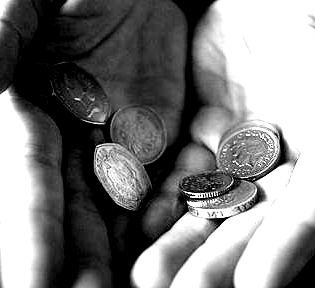Scarcity fuels risk
 Poverty makes people both terrified of risk and desperate enough to take it.
Poverty makes people both terrified of risk and desperate enough to take it.
New research has found that individuals experiencing poverty may both avoid and seek risk, depending on their financial circumstances.
The study, conducted by international researchers, tracked 472 adults in the United Kingdom and France over 12 months.
The findings suggest that poverty influences risk-taking in two contrasting ways.
Some individuals take fewer risks because they cannot afford losses, while others take more risks because they perceive they have little to lose.
Researchers describe this behaviour through the concept of a “desperation threshold” - a minimum level of resources that people aim to maintain.
If they are just slightly above this level, they are more likely to avoid losing what they have, whereas if they are below this level, they may take more risks to try and escape poverty.
The study assessed participants' risk-taking behaviour using a series of hypothetical financial gambles.
The results showed a V-shaped pattern: risk-taking decreased among those with limited but stable resources but increased again among those with extremely low resources.
Interestingly, the pattern was evident when individuals assessed their financial situation subjectively but not when measured against objective income data.
This suggests that personal perceptions of financial security may be more influential in decision-making than actual income levels.
These findings could have significant implications for economic and social policies.
Welfare programs that ensure a basic level of financial security may help reduce both extreme risk aversion, which can prevent investment in long-term opportunities, and desperate risk-taking, which can lead to financial instability.








 Print
Print